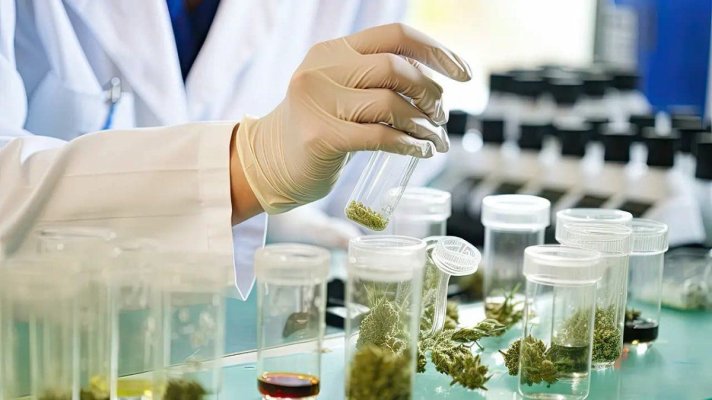In a bid to tackle pervasive mislabeling practices within the industry, California has halted potency testing for cannabis flower at numerous previously authorized laboratories. In light of allegations that labs inflate THC levels to boost product value, the Department of Cannabis Control introduced stringent new testing protocols for smokable cannabis forms such as buds and pre-rolls without infusions.
Since January 3rd, only a fraction—12 out of 38—of California's laboratories have aligned with these enhanced criteria, as per the DCC's records. Although labs failing to comply can still examine other items like edibles and vape products, they are barred from testing the most sought-after cannabis category, the flower, until they adhere to the elevated standards.
California mandates all cannabis items to undergo testing for contaminants and THC potency by state-certified labs. Similar to alcohol labeling, THC levels on cannabis flower packages are expressed in percentage terms.
Despite the reduction in licensed laboratories, the DCC is optimistic about avoiding distribution delays, with the expectation of more approvals on the horizon. DCC's spokesperson David Hafner conveyed that rule enforcement remains the priority, advising the industry to collaborate with compliant laboratories.
Rooted in a 2021 state legislative action to curb labeling fraud within the legal cannabis market, the newer regulations respond to the trend where consumers pay premiums for higher labeled THC content. This dynamic provides labs with incentives to exaggerate THC test outcomes, enabling producers to elevate product prices.
This issue of inflation is not just a perception; a 2022 study revealed that 87% out of 150 products had actual potencies below their labeled claims. Following these findings, California saw several class action lawsuits accusing cannabis enterprises of deceptive advertising practices.
Nicole Elliott, DCC's Director, in a 2022 interview with the Cannabis Business Times, condemned the misleading practices of certain labs as a hazard to public health. After issuing warnings to laboratories last September, the DCC made it clear that inaccurate testing results could lead to license revocation.
Josh Swider, CEO of Infinite Chemical Analysis Labs, which complies with new DCC standards, opined that the updated regulations could diminish lab deception, provided the DCC ensures ongoing compliance.
DCC spokesperson Hafner made it clear that labs persisting in testing without new certification would face disciplinary measures, emphasizing the state's commitment to upholding these standards.
Since January 3rd, only a fraction—12 out of 38—of California's laboratories have aligned with these enhanced criteria, as per the DCC's records. Although labs failing to comply can still examine other items like edibles and vape products, they are barred from testing the most sought-after cannabis category, the flower, until they adhere to the elevated standards.
California mandates all cannabis items to undergo testing for contaminants and THC potency by state-certified labs. Similar to alcohol labeling, THC levels on cannabis flower packages are expressed in percentage terms.
Despite the reduction in licensed laboratories, the DCC is optimistic about avoiding distribution delays, with the expectation of more approvals on the horizon. DCC's spokesperson David Hafner conveyed that rule enforcement remains the priority, advising the industry to collaborate with compliant laboratories.
Rooted in a 2021 state legislative action to curb labeling fraud within the legal cannabis market, the newer regulations respond to the trend where consumers pay premiums for higher labeled THC content. This dynamic provides labs with incentives to exaggerate THC test outcomes, enabling producers to elevate product prices.
This issue of inflation is not just a perception; a 2022 study revealed that 87% out of 150 products had actual potencies below their labeled claims. Following these findings, California saw several class action lawsuits accusing cannabis enterprises of deceptive advertising practices.
Nicole Elliott, DCC's Director, in a 2022 interview with the Cannabis Business Times, condemned the misleading practices of certain labs as a hazard to public health. After issuing warnings to laboratories last September, the DCC made it clear that inaccurate testing results could lead to license revocation.
Josh Swider, CEO of Infinite Chemical Analysis Labs, which complies with new DCC standards, opined that the updated regulations could diminish lab deception, provided the DCC ensures ongoing compliance.
DCC spokesperson Hafner made it clear that labs persisting in testing without new certification would face disciplinary measures, emphasizing the state's commitment to upholding these standards.




